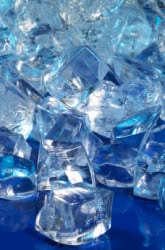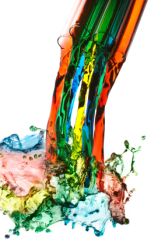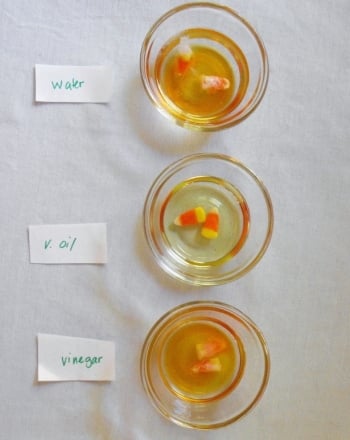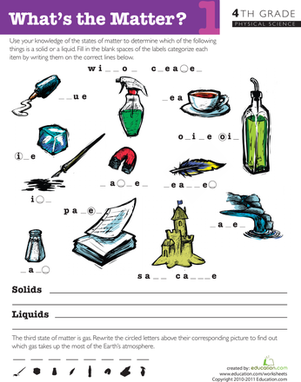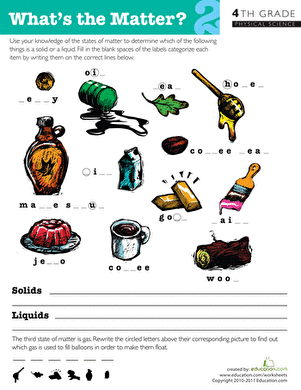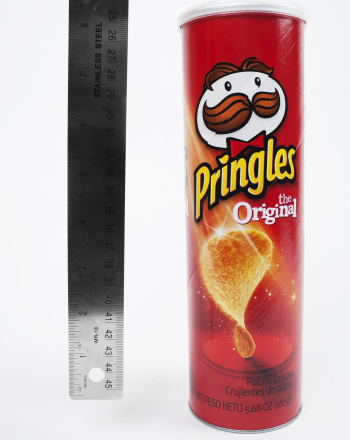Science project
Microwaving Liquids: Dielectric Heating
Microwave ovens perform dielectric heating, using microwaves stimulated by electricity to heat up dielectric materials. A dielectric material is one that can be polarized by an applied electric force. Electricity causes the poles of a molecule to spin in dipole rotation. Polar molecules, like H2O (water), heat up much faster than non-polar molecules, like oil.
Problem
Observe how microwave heating affects different liquids.
Which liquids heat up the most? Will all of the liquids evaporate?
Materials
- Four or more glass jars of the same size
- Water
- Olive oil
- Liquid soap
- Soda
- Any other liquid you want to test
- Microwave
- Ruler
- 1-cup measuring cup
- Instant digital cooking thermometer
Procedure
- Measure out 1 cup of a liquid into a clean glass jar and record the initial temperature and liquid height.
- Place the jar in the microwave on the highest power setting for 30 seconds.
- Record the temperature and liquid level.
- Repeat steps 2 and 3 until the liquid has been heated for a total of 2 minutes.
- Repeat the experiment with all of the other liquids.
- Compare results. Which liquid heated the most? Which liquid evaporated the most?
Results
Water will heat and evaporate the most. Soap and soda will also evaporate, whereas the oil will most likely not (unless you have an industrial powered microwave, in which case, the soap and oil may burn and crust).
Why?
Water is a very polar molecule, and is one of the main components of soda and soap. Oils are very long, chain-like non-polar molecules, so it is harder of them to be spun by dielectric heating. Heating oils is often better done through thermal conduction on a stove.
Oils also do not evaporate readily at relatively low temperatures, but water does. The oil should maintain its liquid levels, while the other three liquids will evaporate somewhat. Many of the other components in soap and soda will not readily evaporate, so you may end up with a thicker, goopier material after some of the water evaporates.
Education.com provides the Science Fair Project Ideas for informational purposes only. Education.com does not make any guarantee or representation regarding the Science Fair Project Ideas and is not responsible or liable for any loss or damage, directly or indirectly, caused by your use of such information. By accessing the Science Fair Project Ideas, you waive and renounce any claims against Education.com that arise thereof. In addition, your access to Education.com's website and Science Fair Project Ideas is covered by Education.com's Privacy Policy and site Terms of Use, which include limitations on Education.com's liability.
Warning is hereby given that not all Project Ideas are appropriate for all individuals or in all circumstances. Implementation of any Science Project Idea should be undertaken only in appropriate settings and with appropriate parental or other supervision. Reading and following the safety precautions of all materials used in a project is the sole responsibility of each individual. For further information, consult your state's handbook of Science Safety.


